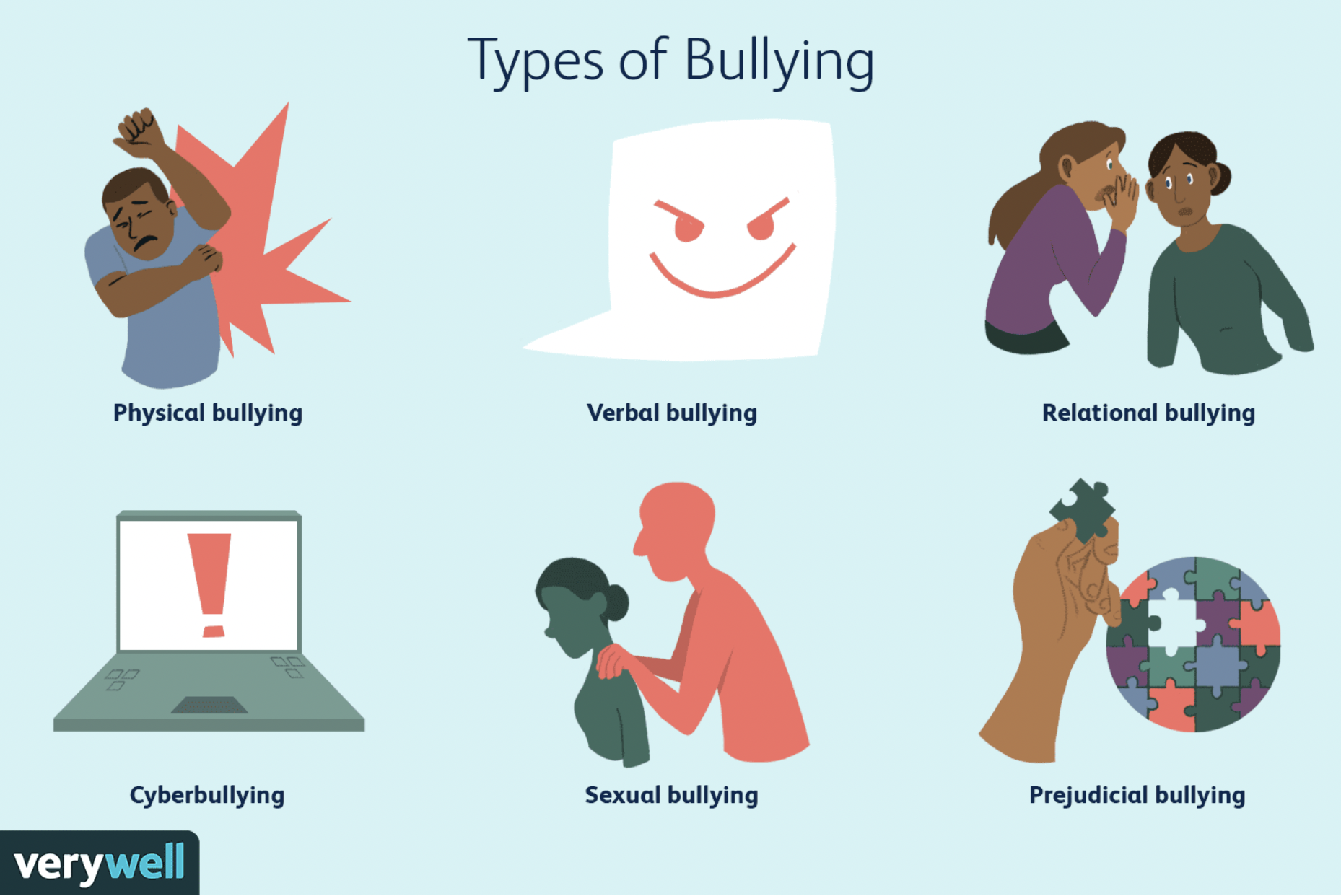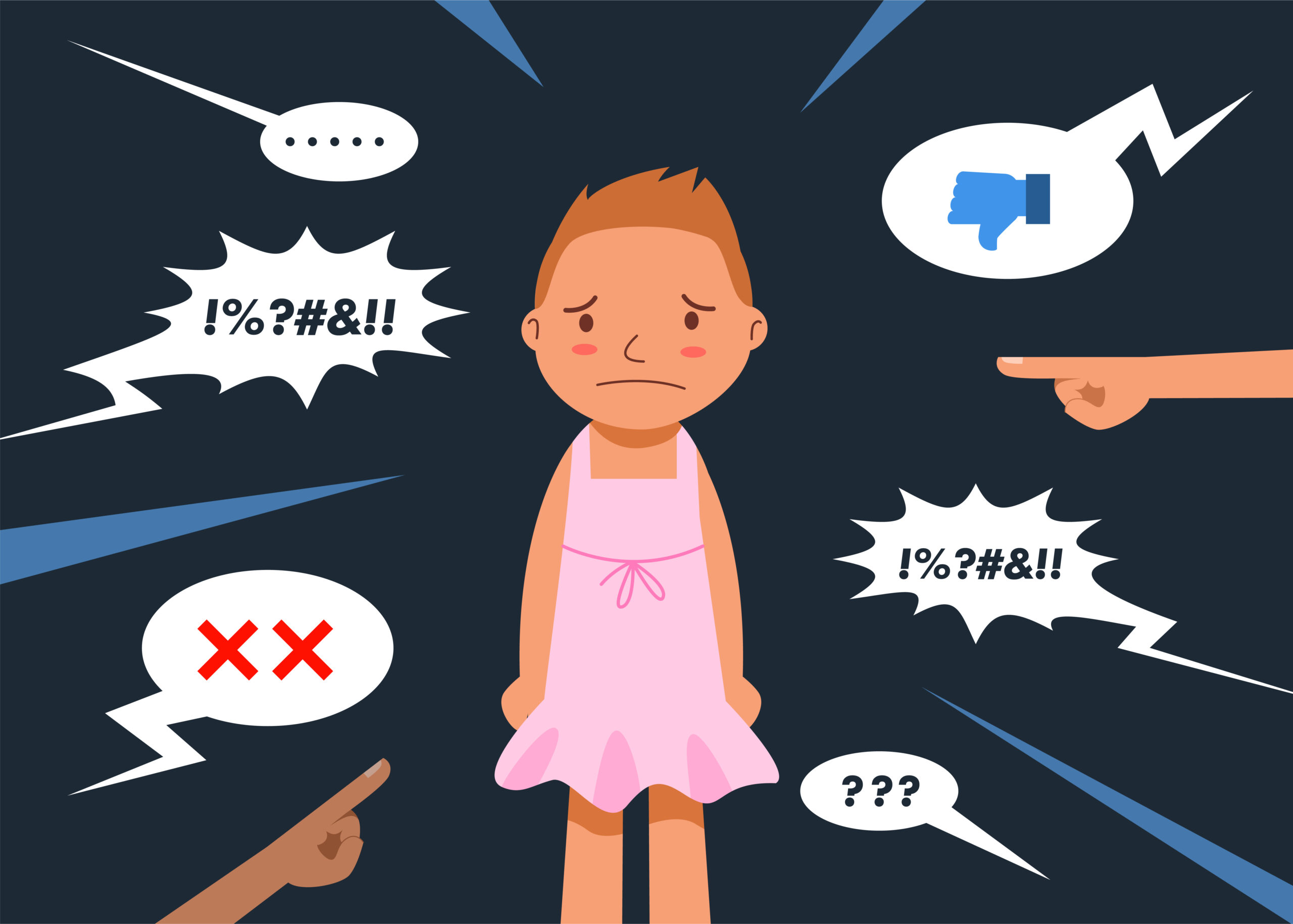By Angeliki Georgakopoulou,
The issue of violence and bullying has been foremost on society’s agenda for the last decade. The newfound understanding of its multifaceted nature, as well as its genderless form, has blurred the lines between perpetrator-victim relationships, as comprehended in its original and traditional definition.
When talking about bullying, especially within the context of primary school, it is extremely important to observe students’ behavior through the lens of one’s family environment. Aggression within the family environment is a significant factor that contributes to the formation of paradoxical victim-bully psychology. Acquired aggression from imitating behavioral patterns identified in parents, has been understood by many to involve the observation of parental/guardian examples and reactions which children subsequently learn to mimic.
It has been studied that violence, in any of its forms, experienced domestically goes through the process of injection before it is projected outwardly. This internalization of a plethora of negative emotions and the trauma from past experiences with bullying and violence leads the individual down a dangerous path, whereby it either later becomes violent itself, or adopts the position and role of the victim in all areas of their life.

The profile of a bully
In exploring the first option of the perpetrator, it is imperative that we focus on humanity’s inherent need to exercise self-enforcement and power on others. From a young age, power relationships become an inextricable aspect of children’s lives and later translate into the wider stratification of society as it’s commonly understood. Therefore, embracing that power leads to widespread respect, acceptance, and even glorification, as individuals automatically make a connection between power and the sense of self. This flawed perception of reality catalyzes one’s unparalleled ambition for power that ultimately results in dire consequences, including acts of violence.
The profile of a victim
On the other hand, with regards to the second alternative, an individual can develop a complex of inferiority. This means that the person experiences the prevailing and intense emotions of inadequacy, insecurity, and weakness. In such situations, the individual consciously or subconsciously undermines their abilities and qualities, thus placing themselves in the position of a victim. This is outwardly expressed in numerous ways, with one being the selection of violent partners in their romantic relationships.
Nonetheless, as a society, it is of utmost importance that we strive not only to enthuse change by embracing and tolerating diversity but that we fight to further break the gendered stereotypes surrounding bullies and victims. The tropes have hindered the development of society, by hiding the faces of its many victims. So how can this phenomenon be subverted? The answer is quite simple. Only through understanding that all humans have the capacity to become both the abuser and the subject of the abuse.

As such, by comprehending the complex nature of victims and perpetrators, we can now begin a collective process of societal reformation and transformation, focusing on the care and therapy of all wounds indiscriminately. Those that are hidden behind the mask of violence and those that rise to the surface in the form of bruised skin…
References
- Kentucky Counselling Center, Available here
- Bullying, apa.org, Available here
- What Is Bullying, stopbullying.gov, Available here




